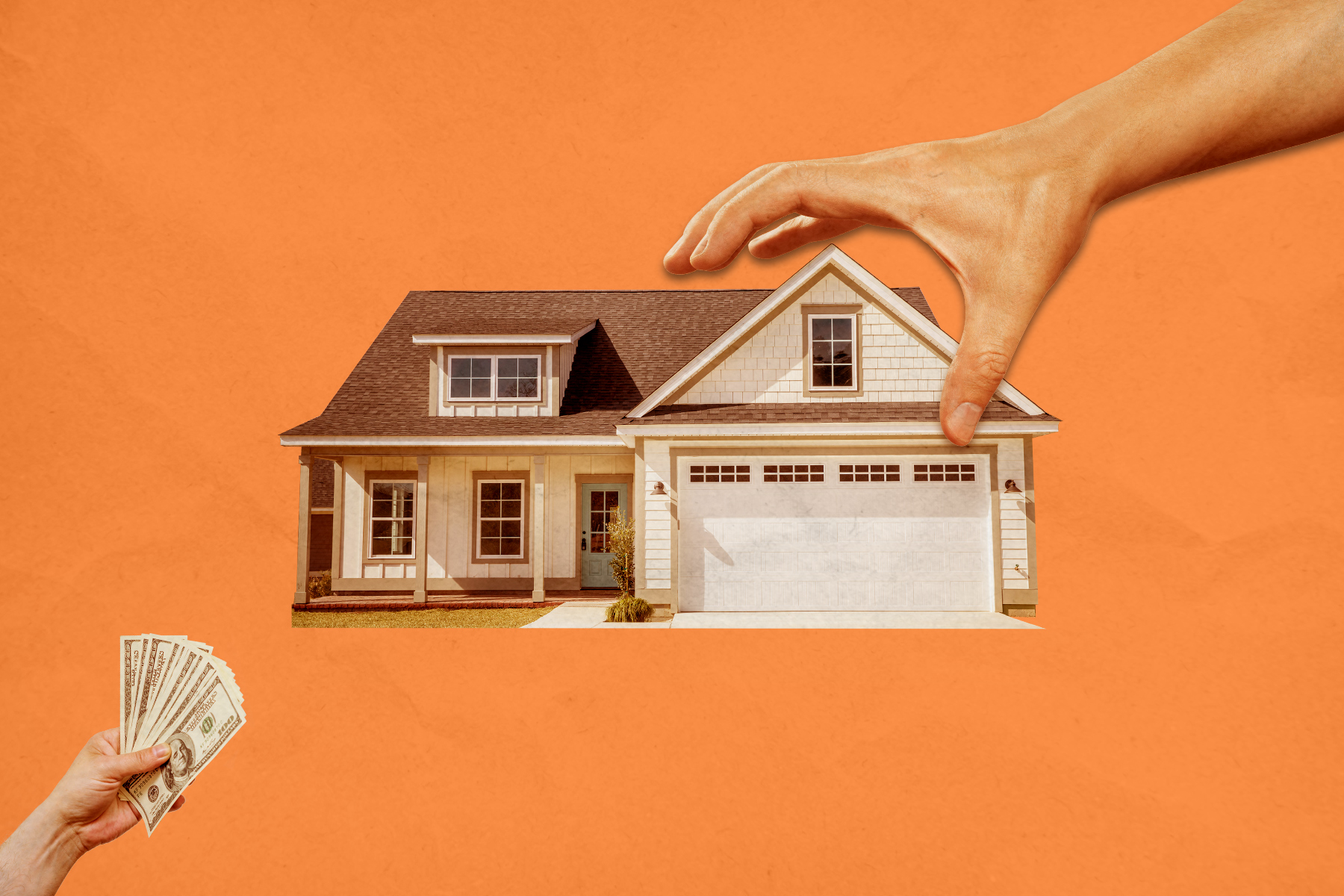“Oh my god,” a friend texted me Monday morning. “Have you seen the DCAD appraisals yet?” A few minutes later, I got another message on Facebook: “These appraisals are insane.”
And so I looked at mine. Casa Erickson is in North Dallas, just off of Forest and Marsh. For the last two years, the valuation of our three-bedroom, two-bath, 1,900-square-foot home built in 1961 has been exactly the same. This year, it increased by more than $85,000.
“WTF is DCAD’s deal?” another friend asked. Indeed.
So I asked around. A coworker in Oak Cliff’s Elmwood neighborhood didn’t see any increase, but a friend who lives just three blocks north saw her market value go up by almost $71,000, with most of the increase attributed to land value. My land value didn’t go up at all—the increase is solely in the home itself, which hasn’t seen any substantive improvements since last year.
I’ve talked to people throughout Dallas who saw their property values go up substantially. A homeowner in Old East Dallas saw her home’s improvement value go up by $64,000 and the land by $95,000, but she says in reality, “My house is falling apart around me.” Another who lives off of Westmoreland and Jefferson in Oak Cliff says after her protest was denied last year, she made about $8,000 in repairs and saw her market value go up by $102,000 over last year. A homeowner in Capella Park in southwest Dallas says that homes “are not selling” but says his valuation went up by $212,000. Another property in South Oak Cliff jumped from $117,000 to $230,000.
And it wasn’t just single-family homes, either. A condo-dweller near Mockingbird Station saw her valuation increase by 18 percent. Bisnow reported that commercial property valuations in Dallas County increased by an average of 21 percent, despite the fact that transactions were down by almost 60 percent last year. Multifamily property valuations were up 20 percent, retail was up about 10 percent, and industrial properties were up a whopping 50 percent. Offices, which have stagnated the most among these non-residential uses, rose between 5 percent and 10 percent.
So why such large increases?
Dallas Central Appraisal District chief appraiser Shane Docherty did not respond to questions. But earlier this year, we spoke with Gerald Klassen, a research data scientist with Texas A&M University’s Real Estate Center. He says that part of the issue stems from Texas being a non-disclosure state; if you sell your home, the sale price is not public knowledge.
This makes it more difficult for appraisal districts to track trends and immediately account for them. It also means that if you enjoyed a relatively flat valuation for the past couple of years, the new valuation may reflect what the market is really doing in your area. In our case, I wasn’t incredibly surprised—homes have been listed (and sell relatively quickly) for prices comparable to what our home was valued this year.
“When the market changes so fast, your appraisal district has no way of anticipating it and making the rapid adjustment in assessed values,” Klassen said. “So they’re behind the eight ball—they don’t have a crystal ball that tells them where prices are going to go in the coming year, or in the coming six months.”
Meritax Advisors partner Ryan Chismark shared a similar sentiment with Bisnow regarding industrial properties. “There’s an argument to be made that industrial values have historically lagged from an assessment perspective,” he said. He theorized that this year DCAD decided to “mark to market” valuations all at once.
In reality, home sales in Dallas have only slightly slowed—especially in the median price range (which, at $371,000, is up 7.5 percent since last year). Homes spend an average of 45 days on the market, and there’s roughly 2.8 months of inventory in the county. That’s how long it would take to sell all the properties presently on the market. Economists say that somewhere around six months of inventory is considered a balanced market. Nearly all the homes are selling for almost 100 percent of list price—or higher.
All of that means that the market value of a home has increased.
But by how much can and should vary by location, which is why protesting a higher than normal valuation is important. It’s highly likely that DCAD will see a new record number of protests this year—the service we use has already started compiling our documents. Most local property tax services will argue your protest for you and only require payment if they are able to get a reduction.
Compiling the documentation for your argument on your own is also relatively straightforward—download the paperwork, take photos if you think they’ll bolster your case, and reach out to a friendly real estate agent to pull comparable home sales in your neighborhood. You’ll eventually get a date to argue.
For many, hiring someone—or doing it themselves—is an easy task, even if it might require taking some time off work to plead your case. But Klassen said that the community should keep a keen eye on who is being overtaxed and make sure that those areas that have experienced historic disinvestment and redlining have resources to fight their property tax burdens, too.
“Somebody needs to help,” he said. “They’re not going to have a lot of money to pay to do the challenge. So somebody’s gonna have to step up and do it pro bono. If we’re that passionate about it, we’ve got to figure out a way to help the folks challenge the fairness of the assessment.”
Matt Goodman contributed to this report.
Get the D Brief Newsletter
Author




